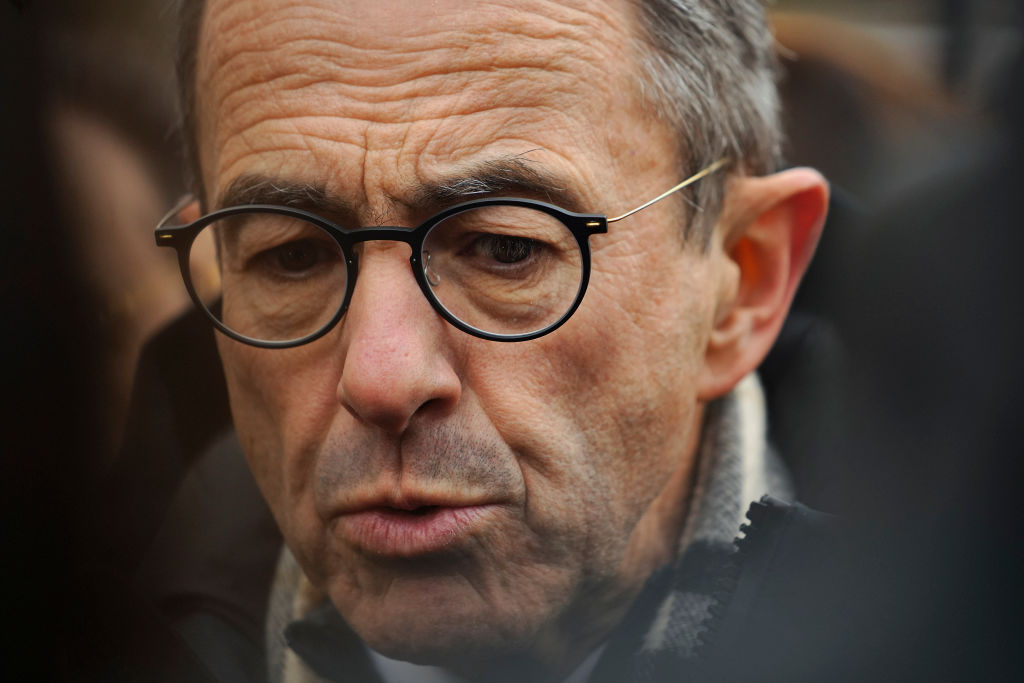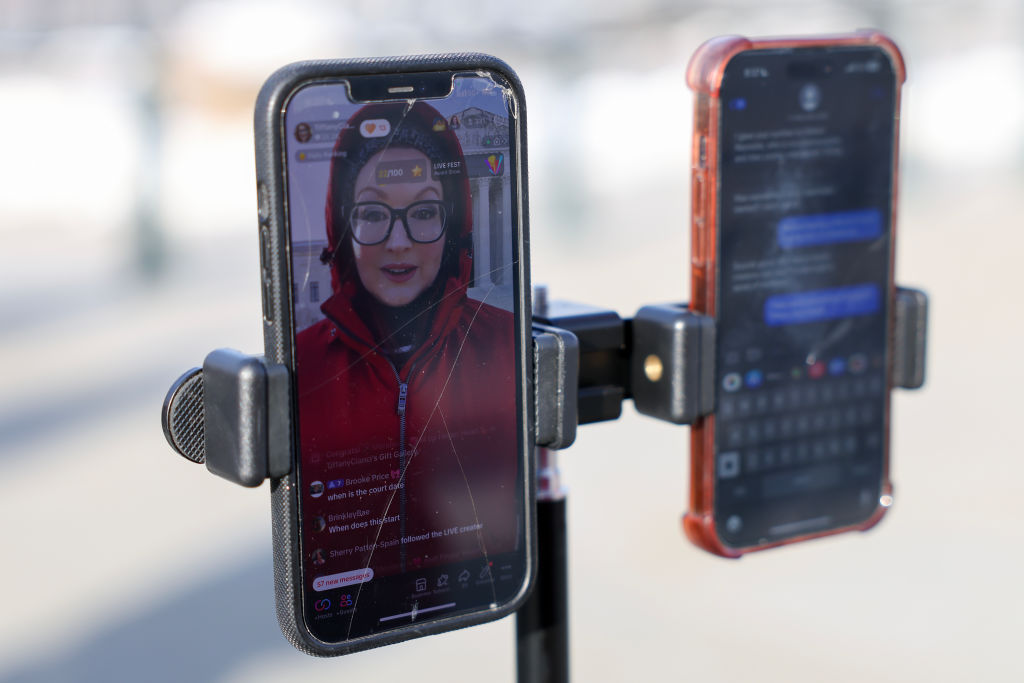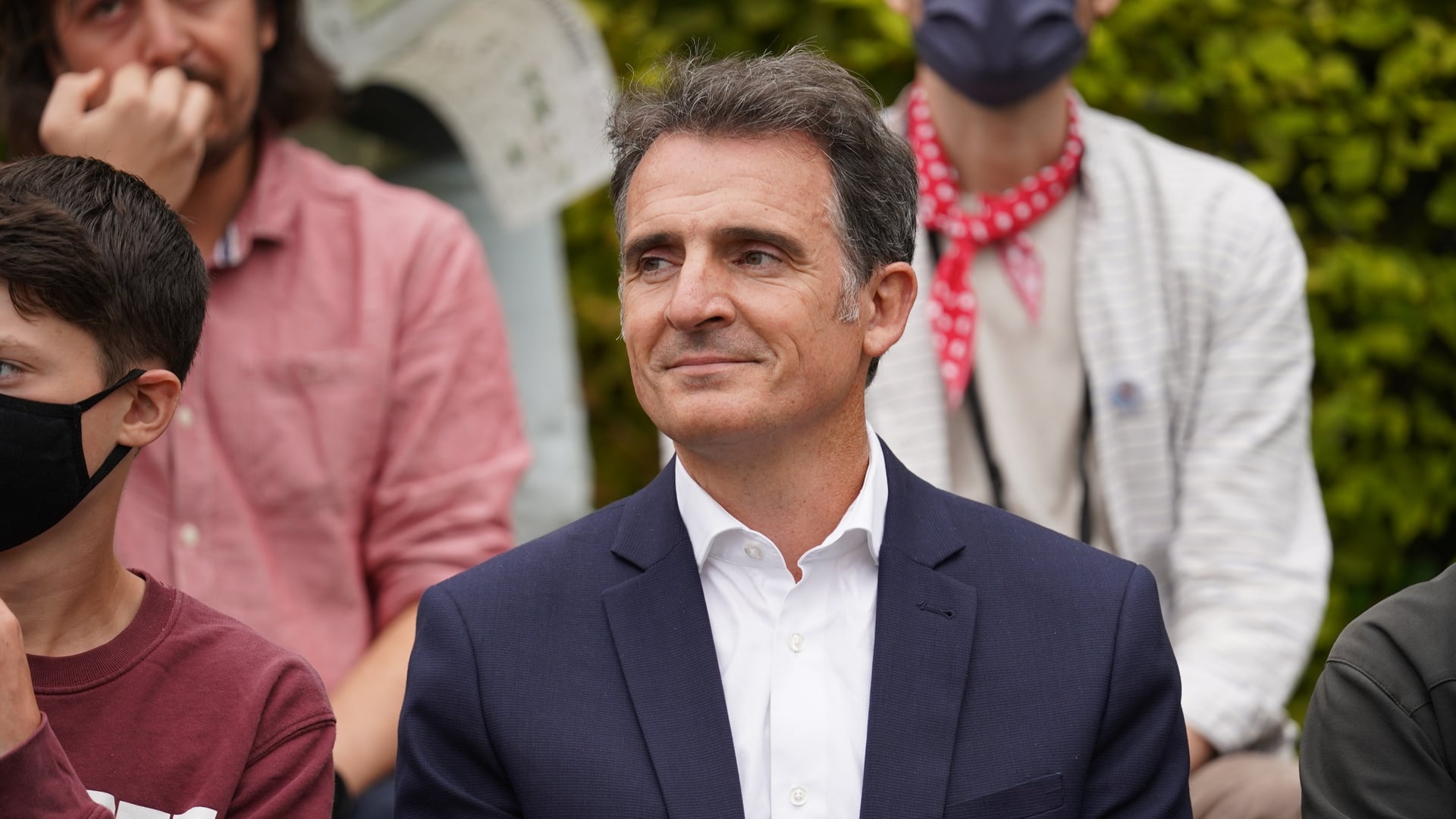French labour minister Astrid Panosyan-Bouvet has urged companies and employees to embrace artificial intelligence without delay, as President Emmanuel Macron hosted a major AI summit in the country.
“We must approach the AI revolution with humility and conviction and without panic. This is not just for geeks, big corporations, or start-ups — it impacts all businesses and all professions, whether cognitive, manual, or relational,” she said in a February 9 statement.
Panosyan-Bouvet laid out a vision for AI deployment in France, suggesting it could be rolled out gradually by first delegating tasks, then rethinking job structures to incorporate AI and eventually scaling up its use.
However, France’s largest labour union, CGT, has raised concerns about the impact of AI on workers.
“While AI can be a useful tool for anticipating changes in production systems, it must not serve as an excuse for job cuts and outsourcing,” the union warned on February 6.
CGT emphasised that workers must be protected from AI-related occupational risks and granted new rights to safeguard their physical and mental well-being.
Panosyan-Bouvet continued: “In terms of competitiveness, employment, and labour, the real risk with AI is missing the opportunity,” she stated, referring to what has been regarded as France’s missed step in the 2000’s “digital revolution”.
Panosyan-Bouvet emphasised the critical importance of AI adoption for France’s future competitiveness. She pointed out that the country had failed to capitalise fully on the past two decades of the digital revolution.
“Productivity gains have been half as much in France as in the United States,” she noted.
“Currently, only 25 per cent of French companies — just 10 per cent of small and medium companies — are using AI. If we don’t act, the OECD [Organisation for Economic Co-operation and Development] warns that France could see the weakest productivity gains among the G7 nations,” she added.
The minister highlighted the European Union’s ambitious legislation designed to protect citizens, workers and consumers but stressed that now was the time for businesses to fully adopt the technology.
“We must speed up AI adoption across all sectors,” she urged.
Meanwhile, CGT insisted safeguards for workers had to include the right to AI training, protection from algorithmic surveillance, participation in AI development and adaptation and the ability to override AI decisions when necessary.
Additionally, workers should have access to information on how their data is used, intellectual property rights over their contributions, the right to withdraw from hazardous work situations and the ability to refuse AI-driven directives while proposing alternatives, it said.
Despite scepticism from labour unions, the AI revolution seemed already underway in France.
In a show of commitment to the future, on February 10 Macron announced that France will now train 100,000 young students in AI.
“In France, we currently train 40,000 young people per year in AI careers. We will increase this to 100,000”, he announced in a social media post.
The statements from Macron and Panosyan-Bouvet followed the successful launch of France’s own AI platform, Mistral, designed to position the country alongside global players such as the US-based ChatGPT and China’s DeepSeek.
France has been pushing for the democratisation of AI in the country.
In October 2024, the mayor of the French town of Arcachon, Yves Foulon, gave his 12,000 constituents a ChatGPT subscription and said the idea “stems from a political desire to combat the digital divide”.





